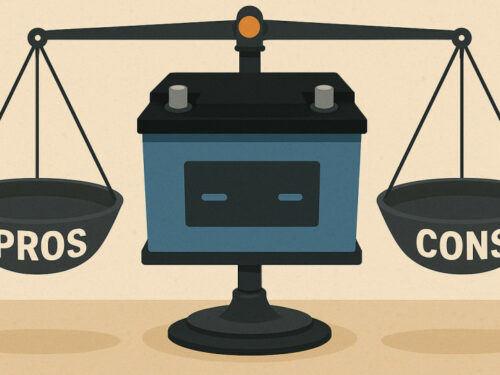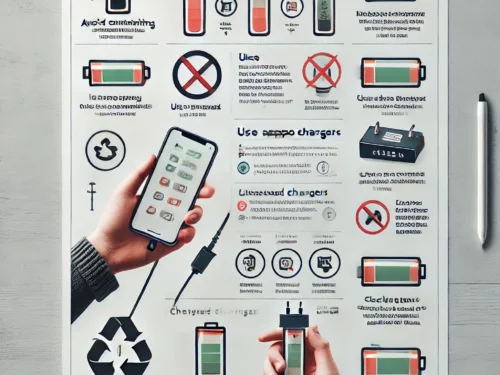Are you planning to buy a new battery for your car, boat, or solar power system? If so, you might be wondering how to choose the right battery for your needs. One of the most important factors to consider is the battery rating. In this article, we’ll take a closer look at battery ratings and how to use them to make an informed decision.
- What Are Battery Ratings?
- Types of Battery Ratings
- How to Choose the Right Battery Rating
- Other Factors to Consider When Choosing a Battery
What Are Battery Ratings?
Battery ratings refer to a set of numbers that indicate the performance and capacity of a battery. These ratings are typically listed on the battery label or in the product specifications. Understanding these ratings can help you choose the right battery for your specific needs.
Types of Battery Ratings
There are several types of battery ratings that you should be familiar with:
- Voltage – This rating indicates the amount of electrical potential the battery can produce. A typical car battery, for example, has a voltage rating of 12V.
- Capacity – Capacity rating is measured in ampere-hours (Ah) and indicates the amount of energy the battery can store. The higher the capacity rating, the longer the battery can run before needing to be recharged.
- Cold Cranking Amps (CCA) – This rating indicates the amount of power the battery can deliver in cold weather. It’s an important rating to consider if you live in a cold climate.
- Reserve Capacity (RC) – This rating indicates how long the battery can run on its own without the engine or charging system. It’s an important rating to consider if you have a lot of electrical accessories in your vehicle.
How to Choose the Right Battery Rating
Choosing the right battery rating depends on several factors, including the type of vehicle or equipment you’re using, your driving habits, and your climate. Here are a few tips to help you choose the right battery rating:
- Check your owner’s manual – Your owner’s manual will provide recommendations for the type of battery your vehicle or equipment requires.
- Consider your driving habits – If you do a lot of short trips or use a lot of electrical accessories, you may want to choose a battery with a higher capacity rating.
- Check the climate – If you live in a cold climate, you may want to choose a battery with a higher CCA rating.
- Consult with a professional – If you’re still unsure which battery rating to choose, it’s always a good idea to consult with a professional.
Other Factors to Consider When Choosing a Battery
In addition to the battery rating, there are several other factors to consider when choosing a battery:
- Brand – Choose a reputable brand with a proven track record for quality and reliability.
- Warranty – Look for a battery with a good warranty to protect your investment.
- Maintenance – Consider the maintenance requirements of the battery, such as whether it requires regular water refilling.
- Price – While price shouldn’t be the only factor you consider, it’s important to choose a battery that fits within your budget.
By understanding battery ratings and considering other important factors, you can choose the right battery for your needs and ensure reliable performance for years to come.








